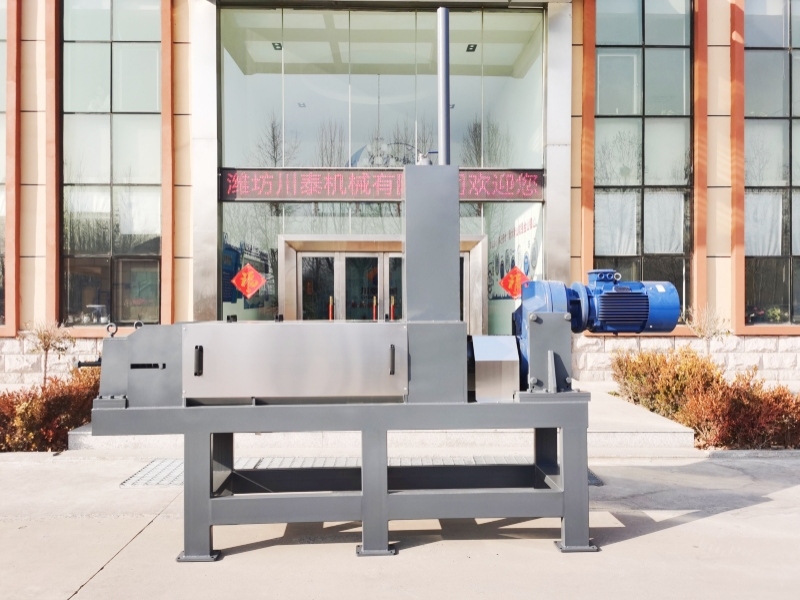Q&A
Harnessing the Power of Nature: The Role of Cow Dung Processors in Sustainable Waste Management

Introduction:
In the quest for sustainable solutions to waste management, innovative technologies are emerging to address environmental concerns. One such technology gaining attention is the cow dung processor. This article explores the significance of cow dung processors in waste management and their potential to contribute to a more sustainable future.
The Problem of Organic Waste:
Organic waste, particularly from agricultural activities and livestock farming, poses a significant challenge to the environment. Cow dung, a byproduct of dairy farming, is rich in organic matter but can be a source of pollution if not managed properly. Traditional methods of disposal, such as open dumping or burning, contribute to air and water pollution, affecting both human and environmental health.
Cow Dung Processors: An Overview:
Cow dung processors are innovative devices designed to efficiently manage and process cow dung, converting it into valuable resources. These processors utilize microbial activity to break down organic matter present in cow dung, producing biogas and nutrient-rich compost. The dual benefits of biogas generation and compost production make cow dung processors a sustainable solution for waste management.
Biogas Generation:
One of the key advantages of cow dung processors is the production of biogas through anaerobic digestion. Microorganisms break down the organic matter in cow dung in the absence of oxygen, producing methane-rich biogas. This biogas can be used as a clean and renewable energy source for cooking, heating, or even electricity generation. By harnessing biogas, cow dung processors not only reduce methane emissions from decomposing waste but also provide an eco-friendly alternative to fossil fuels.
Compost Production:
Simultaneously, cow dung processors yield nutrient-rich compost as a byproduct of the anaerobic digestion process. This compost serves as an excellent organic fertilizer, enhancing soil fertility and promoting sustainable agriculture. Farmers can use this compost to enrich their fields, reducing the dependence on synthetic fertilizers and minimizing the environmental impact associated with their production and use.
Environmental and Economic Benefits:
The adoption of cow dung processors brings about several environmental and economic benefits. Firstly, it helps mitigate the environmental impact of untreated cow dung by preventing water and air pollution. Secondly, the production of biogas reduces the reliance on non-renewable energy sources, contributing to a cleaner and greener energy landscape. Additionally, the nutrient-rich compost enhances soil health, leading to increased agricultural productivity and reduced chemical inputs.
Conclusion:
Cow dung processors represent a promising technology in the realm of sustainable waste management. By efficiently processing cow dung into biogas and nutrient-rich compost, these devices offer a dual solution to environmental and energy challenges. As the world seeks innovative approaches to combat climate change and promote sustainability, cow dung processors stand out as a practical and eco-friendly option for managing organic waste in an environmentally responsible manner.
Recommend
- Revolutionizing Sustainability: The Role of Spent Grain Dewatering and Drying Machines in Brewing2024-01-25
- Revolutionizing Sustainability: The Role of Food Waste Press Dewatering Machines2024-01-25
- Revolutionizing Cannabis Processing with Industrial Dehydrators2024-01-24
- The Importance of Screw Separators in Manure Management2024-01-23
- Enhancing Industrial Processes with Liquid-Solid Separators2024-01-23
NEWS
NEWS
Contact us
QQ:1272370381
Mob:+86 13053656336
TEL:+86 15684339888
Email:chuantaiscrewpress@gmail.com
ADD:Weifang City, Shandong Province,China
